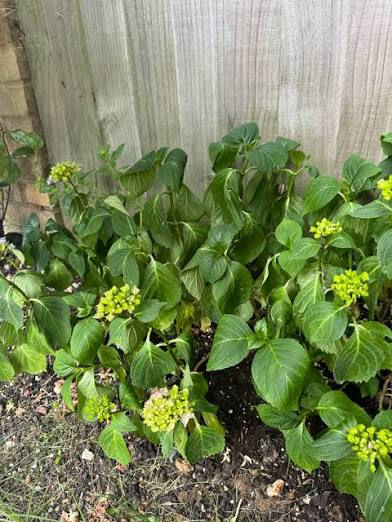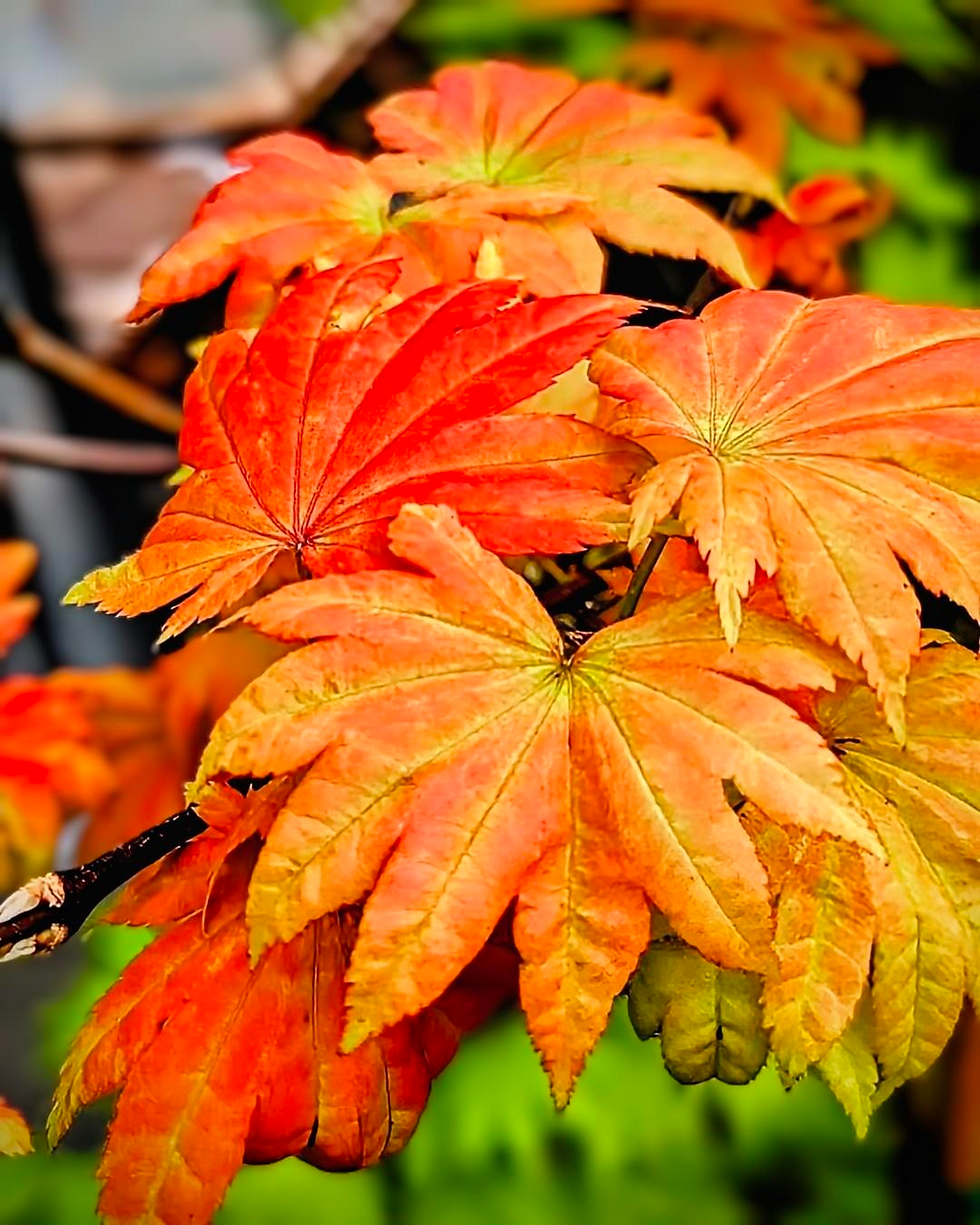Summer Plant Care: 10 Essential Tips for a Thriving Garden
- Adriana Marsh
- Jun 21, 2025
- 3 min read

Summer is here, and with it comes the challenge of keeping your plants happy and healthy. As the temperatures soar, it's essential to adjust your plant care routine to ensure your garden continues to thrive. In this article, we'll share the top 10 tips for caring for plants during the summer months.
Tip 1: Pay Attention to Watering
Watering is crucial during the summer. Make sure to water your plants deeply but infrequently to encourage deep root growth. Avoid frequent shallow watering, which can lead to weak roots. Check the soil moisture by inserting your finger into the soil up to the knuckle. If the soil feels dry, it's time to water.
Tip 2: Avoid Overwatering
Overwatering is a common mistake during the summer. Too much water can cause roots to rot, leading to plant decline. Check your plants regularly for signs of overwatering, such as yellowing leaves or soft, mushy stems.

Tip 3: Harvest Fruit from Young Trees
When it comes to young fruit trees, it's essential to remove fruit for the first few years. This allows the tree to focus its energy on growing a strong root system and structure, rather than expending energy on fruit production. By removing fruit, you're giving your tree the best chance to thrive and produce abundant fruit in the long run.
Tip 4: Keep an Eye Out for Summer Pests
Summer is prime time for pests like aphids, whiteflies, and spider mites. Check your plants regularly for signs of infestation, and take action quickly if you notice any problems. Use organic pest control methods whenever possible, such as introducing beneficial insects like ladybugs or using natural solutions like milk or soap.
Tip 5: Protect Tender Plants
Some plants might need relocation as temperatures increase, so keep an eye out. More water is not always the solution, and sometimes relocating to a shadier spot can be beneficial. Provide shade for tender plants during the hottest part of the day, and use a breathable cloth or sheet to protect them from intense sunlight.

Tip 6: Mulch Around Plants
Mulching helps retain moisture in the soil, suppress weeds, and regulate soil temperature. Use regular natural wood mulch, avoiding rubber mulch or tinted mulch, which can potentially harm plants. Apply a layer of organic mulch like bark chips or straw around your plants, keeping it a few inches away from the plant stem.
Tip 7: Avoid Using Oils During Hot Days
Oils like neem oil can be beneficial for plants, but they can also increase the risk of sun damage during hot summer days. Avoid using oils during the hottest part of the day, and opt for cooler morning or evening applications instead. Many summer solutions are natural, such as using milk, soap, beneficial insects like nematodes, and keeping a clean garden.
Tip 8: Monitor Soil Temperature
Soil temperature can get extremely high during the summer, which can damage plant roots. Monitor soil temperature regularly, and take steps to cool it down if necessary. Use natural wood mulch to reduce soil temperature and retain moisture.
Tip 9: Provide Support for Tall Plants
Summer storms can bring strong winds that can damage tall plants. Provide support for plants that need it, using stakes or trellises to keep them upright and secure. As you prune certain plants, like sunflowers or bamboo, you can use their stems as natural stakes, reducing waste and providing a sustainable solution.

Tip 10: Adjust Your Care Routine According to Your Zone
Summer care routines can vary depending on your climate zone. Make sure to research the specific needs of your plants in your zone, and adjust your care routine accordingly. If you're ever in doubt, reach out to local universities or gardening experts for advice tailored to your region.
Summer Plant Care by Zone
- Zone 3-5: Cool summers mean less stress on plants, but be prepared for sudden heat waves. Keep an eye on soil moisture and provide shade for tender plants during intense sunlight. If you're unsure about specific care, consult with local universities or gardening experts.
- zone 6-8: Hot summers require careful watering and pest management. Mulch around plants to retain moisture, and provide support for tall plants during strong winds. Don't hesitate to reach out to local experts for zone-specific advice.
- zone 9-11: Extremely hot summers mean plants need extra care. Provide shade for plants during the hottest part of the day, and avoid using oils or other chemicals that can increase sun damage. Consult with local universities or gardening experts for tailored advice on caring for plants in your region.
By following these 10 essential tips, you'll be well on your way to creating a thriving summer garden. Remember to stay vigilant, monitor your plants regularly, and adjust your care routine according to your zone. Happy gardening!



Comments